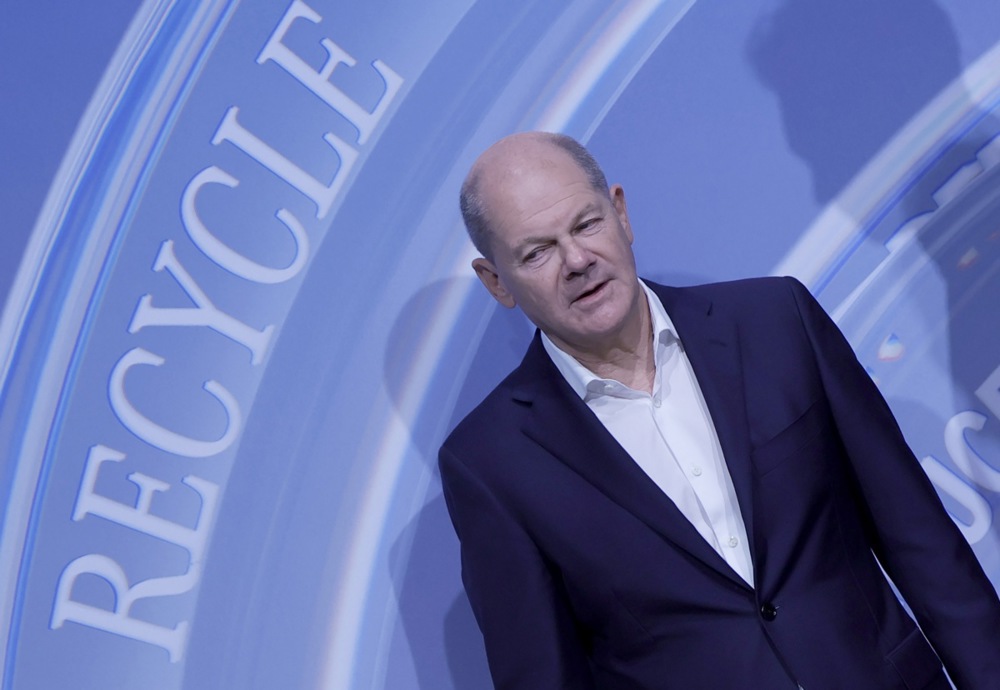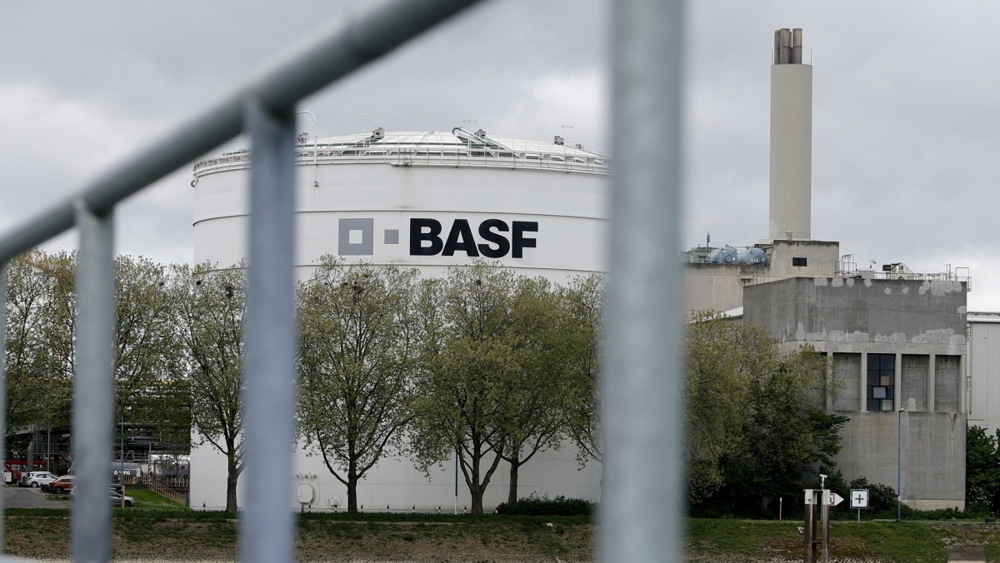A forecast by the Handelsblatt Research Institute (HRI) has predicted that the German economy is set to suffer a third consecutive year of recession, something not seen since the Second World War.
According to the Research Institute on January 1, the German economy is set to shrink by 0.1 per cent in 2025 after sliding by 0.2 per cent in 2024 and 0.3 per cent in 2023.
While the researchers said there had not been such a long dry spell in the history of the Federal Republic of Germany, they did add that they expected slight growth of 0.9 per cent in 2026.
“The German economy is in its biggest crisis in post-war history. The pandemic, energy crisis and inflation have made Germans poorer on average,” said Handelsblatt chief economist Bert Rürup.
In view of the growth potential, which has fallen to a modest 0.5 per cent, there was no imminent improvement in sight, “as the economy is at the beginning of a strong ageing spurt”, he added.
Consumer spending remained the economy’s sole pillar of support but with stark contrasts.
While private consumption in late 2025 was predicted to barely exceed pre-pandemic 2019 levels, government spending is projected to expand by about 12 per cent over the same period.
More worryingly perhaps, the HRI forecast a continued decline in gross fixed capital investment – a critical driver of innovation and growth – with 2026 levels expected to match those of late 2016.
The inflation outlook presents another challenge. The HRI projected rates would stay above 2 per cent through 2025 and 2026, creating a dilemma for the European Central Bank.
The ECB faces competing pressures: The need to boost sluggish economy across the bloc by cutting interest rates versus maintaining higher rates to combat persistent inflation.
The German economy’s previous record downturn, at the start of the 21st century, lasted two years. It ultimately gave way to robust growth from 2005 until the global financial crisis struck in late 2008.
“Even if the government wanted to score points with voters with an economic stimulus programme before the Bundestag elections, it simply lacked the money to do so,” Rürup said.
The ongoing macroeconomic stagnation was also likely to ensure that employers in the private sector are trying to keep wage increases within narrow limits, the report said.
Real wages in the second quarter of 2024 were still at the level of spring 2017, meaning that average Germans have become poorer.
A particular problem lay within the energy market. Because Germany went all in on renewables and closed down its nuclear power plants, it is only able to meet its own needs when the conditions – wind and sunlight – are favourable.
That meant when electricity prices were low and Germany could export; at other times, such as in the winter, it needed to import energy at exorbitant prices, the forecast pointed out.
The recent surge in energy prices has sparked diplomatic tensions between Sweden and Germany, with Swedish Deputy Prime Minister Ebba Busch blaming Germany's "green" energy policy for the crisis. https://t.co/BAReI7302A
— Brussels Signal (@brusselssignal) December 16, 2024
Dirk Howe, the managing director of the Krefeld foundry Siempelkamp, told newspaper Handelsblatt on December 16 that due to the price spikes, his company had to reduce production by 30 per cent, cut a work shift and send people home.
“Our current electricity system forces us to work inefficiently. That’s pure madness,” he said, adding that “immediate measures” were needed.
Surveys with companies, such as by the German Chamber of Industry and Commerce in autumn 2024, showed a third of firms based in Germany would like to cut back on innovation.
While only 26 per cent of the entrepreneurs assessed their situation as good, 25 per cent said the opposite.
Hildegard Müller, president of the German Association of the Automotive Industry, recently warned that one in four jobs in the car industry was at risk over the next decade.
Stefan Wolf, the head of the German employers’ association Gesamtmetall, has said hundreds of thousands of jobs in the metals and electricals industry are at risk. https://t.co/9pUu4u26c7
— Brussels Signal (@brusselssignal) October 17, 2024





